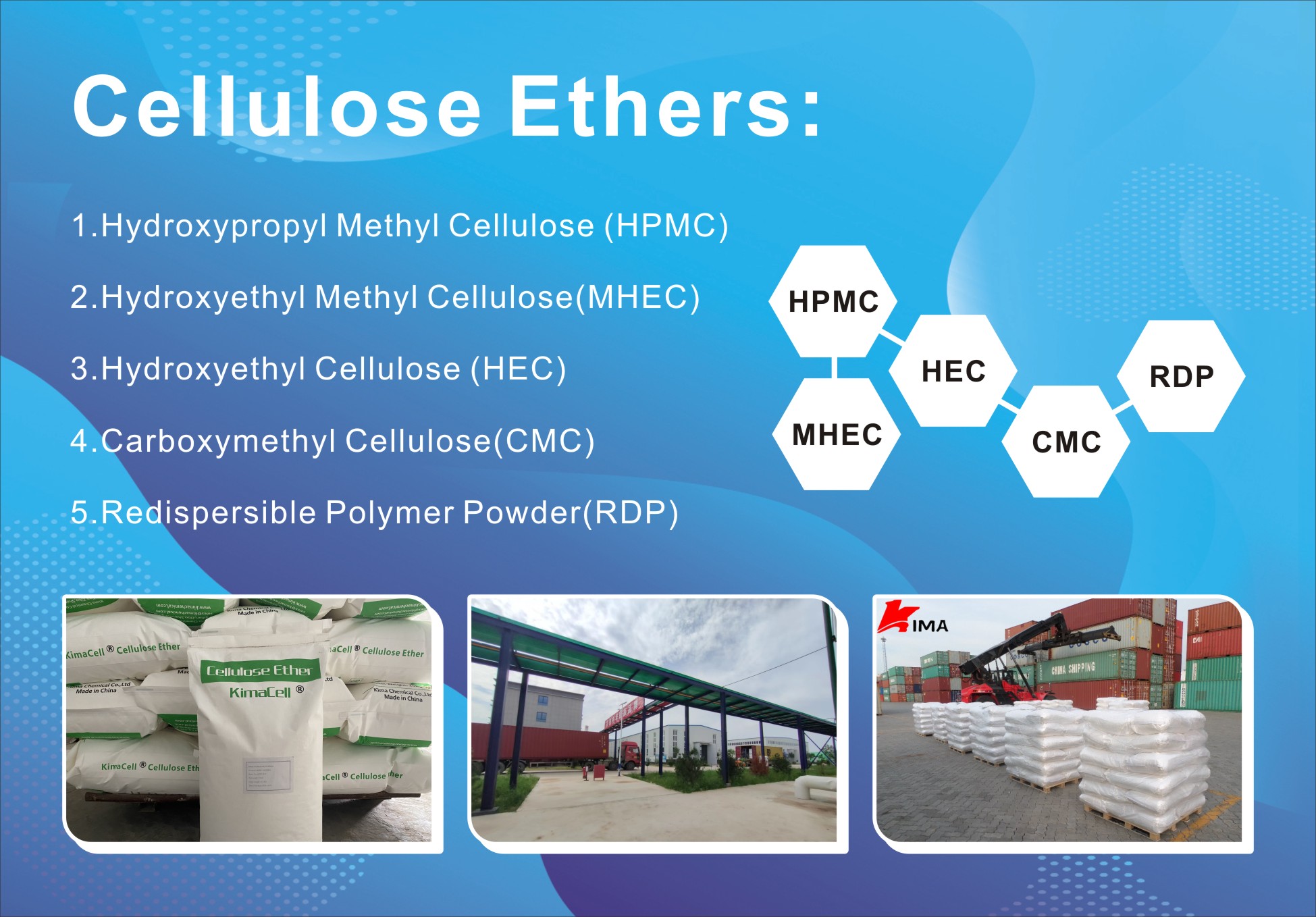What is Sodium Carboxymethyl Cellulose(CMC)?
Sodium carboxymethyl cellulose (CMC), also known as cellulose gum or carboxymethylcellulose sodium, is a water-soluble polymer derived from cellulose, a natural polymer found in the cell walls of plants. CMC is obtained through the chemical modification of cellulose, where carboxymethyl groups (-CH2-COOH) are introduced onto the cellulose backbone.

CMC is widely used in various industries due to its unique properties and versatility. Here’s a closer look at its characteristics and applications:
- Water Solubility: One of the primary features of CMC is its water solubility. When dispersed in water, CMC forms viscous solutions or gels, depending on the concentration and molecular weight. This property makes it valuable in applications where thickening, binding, or stabilizing aqueous systems is required.
- Thickening Agent: CMC is commonly used as a thickening agent in a wide range of products, including food products, pharmaceuticals, personal care items, and industrial formulations. It enhances the viscosity of solutions, suspensions, and emulsions, improving their texture, mouthfeel, and stability.
- Stabilizer: In addition to thickening, CMC also functions as a stabilizer, preventing the separation or settling of ingredients in suspensions, emulsions, and other formulations. Its ability to enhance stability contributes to the shelf life and overall quality of various products.
- Binding Agent: CMC acts as a binder in many applications, helping to hold together ingredients in tablets, granules, and powdered formulations. In pharmaceuticals, CMC is often used as a binder in tablet formulations to ensure the integrity and mechanical strength of the tablets.
- Film-Forming Agent: CMC can form thin, flexible films when applied to surfaces. This property is utilized in various applications such as coating tablets and capsules in the pharmaceutical industry, as well as in the production of edible films for food packaging and other industrial applications.
- Emulsifier: CMC can stabilize emulsions by reducing the interfacial tension between oil and water phases, preventing coalescence and promoting the formation of stable emulsions. This property makes it valuable in the formulation of creams, lotions, and other emulsion-based products.
sodium carboxymethyl cellulose (CMC) is a versatile polymer with a wide range of applications in industries such as food, pharmaceuticals, personal care, and manufacturing. Its water solubility, thickening, stabilizing, binding, film-forming, and emulsifying properties make it an essential ingredient in numerous products and formulations.
Post time: Mar-07-2024
